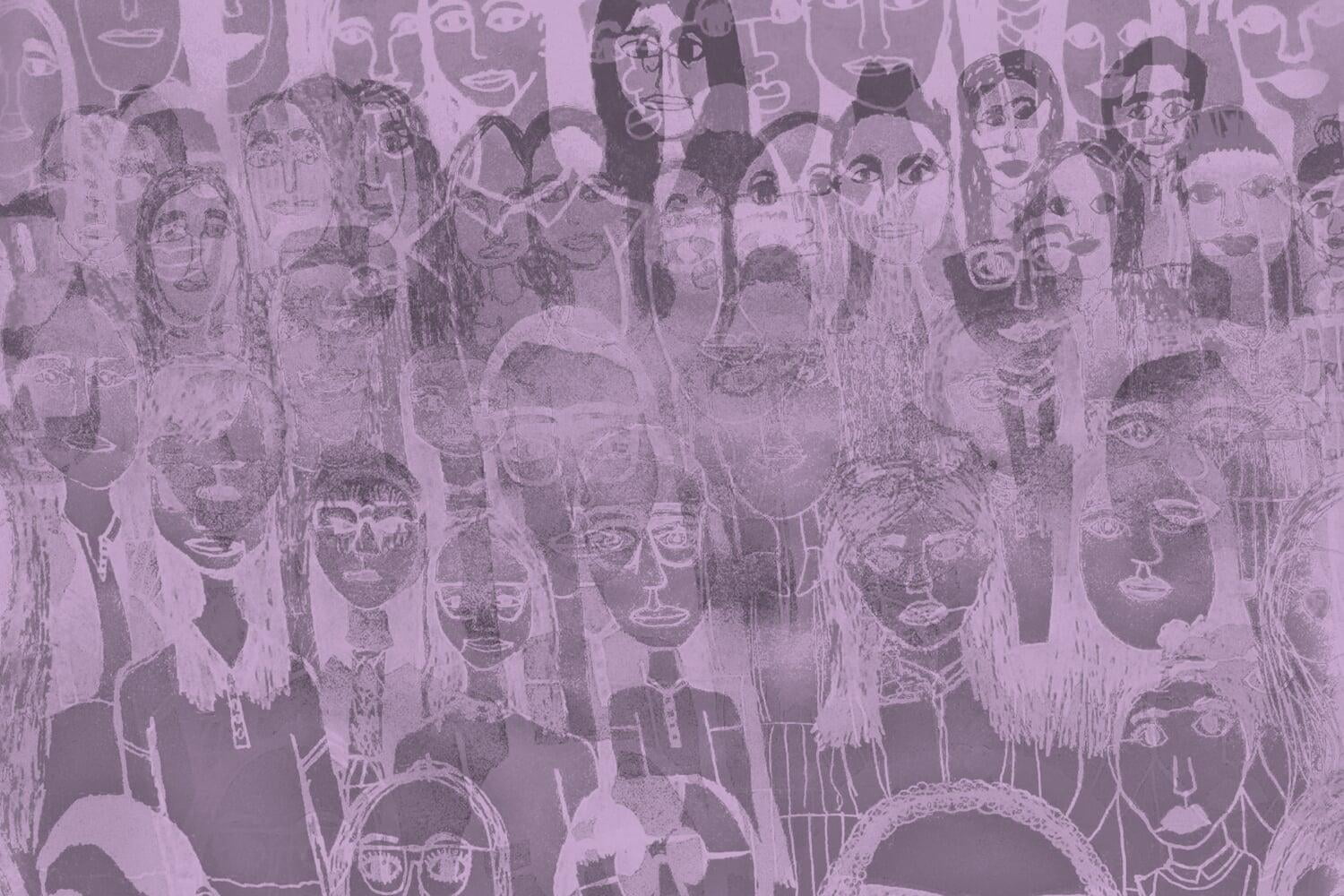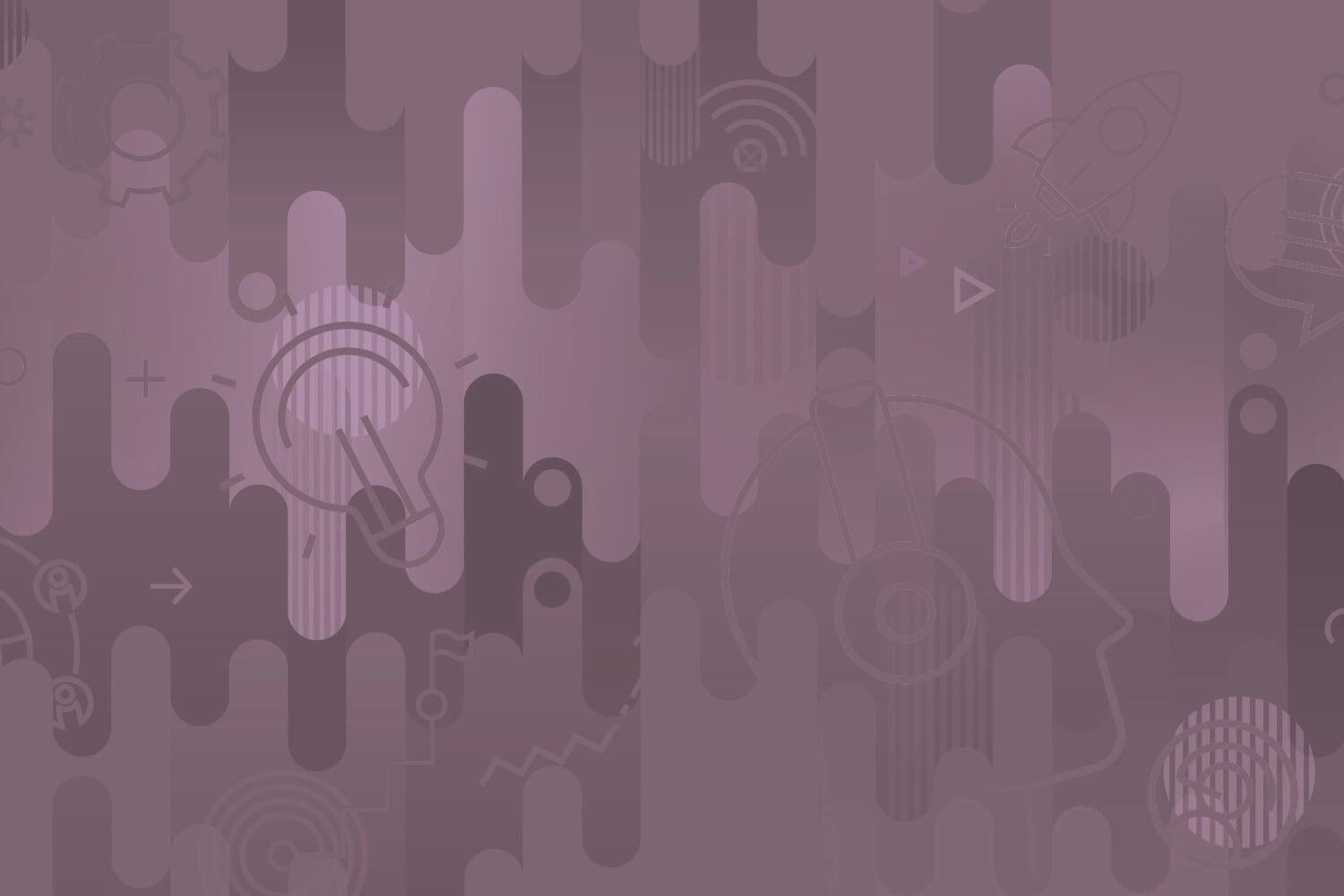The Pathway to Excellence | Lead | Service And Volunteering
Service To Family
We need to build healthy habits of service to family – how we respond to the kinship of our families by acting on a disposition to be of help to them and offering our time, energy and commitment to their progress and wellness.

Family is complicated. There is so much of essential value that the experience of family at so many levels gives to so many of us, even if it is a necessarily imperfect experience. Most of our popular culture deals with how families are built and work together (or not). For all of the flaws, the quarrels and the variability in the contributions of different members, the shared history of family is the foundation for learning, living, leading and working in a way that is imbued with the character of giving.
Family is, therefore, a likely proving ground for the journey towards character on The Pathway to Excellence. There is a scope and sequence along this journey: self-awareness, relationship, service, and vocation. There are questions which align to this: Who am I? Where do I fit in? How can I best serve others? What is my calling? We should all be able to recognise how hard-heartedness can defeat any and all of these questions. The sooner we realise that the answers lie more tangibly in our selflessness, our service, our calling, then the more likely it is that we will commit ourselves not to the self-centred (and ultimately self-defeating) pursuit of the pathway to perfection, but more likely to an imperfect but more rewarding commitment to The Pathway to Excellence. At the same time, we will also have begun learning through family how the kindnesses of warmth, openness, and generosity of spirit play such a strong role.
It is the willingness to give which we learn in family that might be described as the essential character of the kindness that underpins the servant leadership of which we need much more. In a perfect world, we would all be perfectly formed with everything that we need; we would have no need of each other because we would be complete in and of ourselves. Yet we know we don’t live in such a world. All of us are flawed, all of us are broken. This is where the act of giving that characterises kindness is so important.
“Ring the bells (ring the bells) that still can ring,
Forget your perfect offering,
There is a crack in everything (there is a crack in everything)
That's how the light gets in.”Leonard Cohen
When we give to others, we shine a light into the dark crevices of their brokenness. Without this brokenness, the light would be deflected and diffused from an impermeable surface. Without imperfection and vulnerability, we could not share in our humanity. We could not console or bring joy. We could not give. The act of giving, therefore, and the quality of kindness that it embodies, must be located within any process by which we seek to gain in character. For if we apply the benefit of service – the giving of our gifts and talents – simply to ourselves, we miss the point. It is family which teaches us this first and, perhaps, for ever.
Whether we are coming from a faith basis or whether we are grounded in secular humanism, the alignment of kindness to the four steps of The Pathway to Excellence allows us to complete the asking and answering of the questions that were posed earlier: giving to the process of learning and growth allows us to come to know ourselves when we ask “who am I?”; giving out our gifts and talents allows us to earn our places when we ask “where do I fit in?”; giving in the need to go on a journey from “me” to “you” to “us” when we ask “how can I best serve others?”; giving up control of others to allow them to take full responsibility for their own progress and find their calling by asking “whose am I?”.
In the end with all of these stages, it’s kindness that gives us the way through: the unselfish, unvarnished and ungarnished doing of good things as an act of service that inherently necessitates no response other than gratitude. There must be some act of reciprocity. In the parable we learn that seeds cast on barren ground do not flourish. Kindness needs mutual acknowledgment and appreciation but can’t be the subject of expectation. A kindness done for a kindness may follow in turn, but if it is expected, it may leave both parties in a transactional state of mutual gain, rather than mutual giving. This may benefit both when the going is good but bodes poorly for times when things do not go so well. Deferred gratification for its own sake is also challenging, opening up the provider to the opportunity for manipulation and, in time, even abuse of trust. The need to go on the journey from me to you to us becomes patent – if we don’t create a state of “us”, then we must inevitably fall back to self. And family cannot survive when it is motivated primarily by self.
It’s not easy, therefore, to be kind, to give, to serve – even in one’s own family. Yet this is what the wrestling is all about, the journey towards character on The Pathway to Excellence. The giving of kindness to strangers might be awkward and uncomfortable. It might be unreciprocated and uncertain. It might bring us no resolution, and might even be dangerous. But then again it might not. And that’s what makes it so very, very important. If we didn’t have families through which to learn about giving, to acquire selflessness and to practise service, then we would not be able to function as a broader society.
We can contemplate our commitment to Family Service by considering the following questions:
- Do I make time in my life to give of myself to my family of my own free will?
- Do I help others in my extended family to get along and gain some perspective on things when there is conflict or tension?
- Do I strike what is for me the right balance between my obligation and service to my family and my own ambition and goals?
- Do I think a family should have a shared mission and sense of purpose?
- Would I contribute my time and leadership to a service or volunteer project that my family would sponsor and run?







